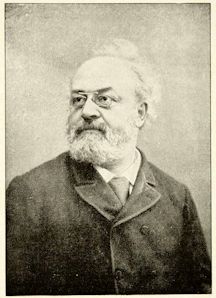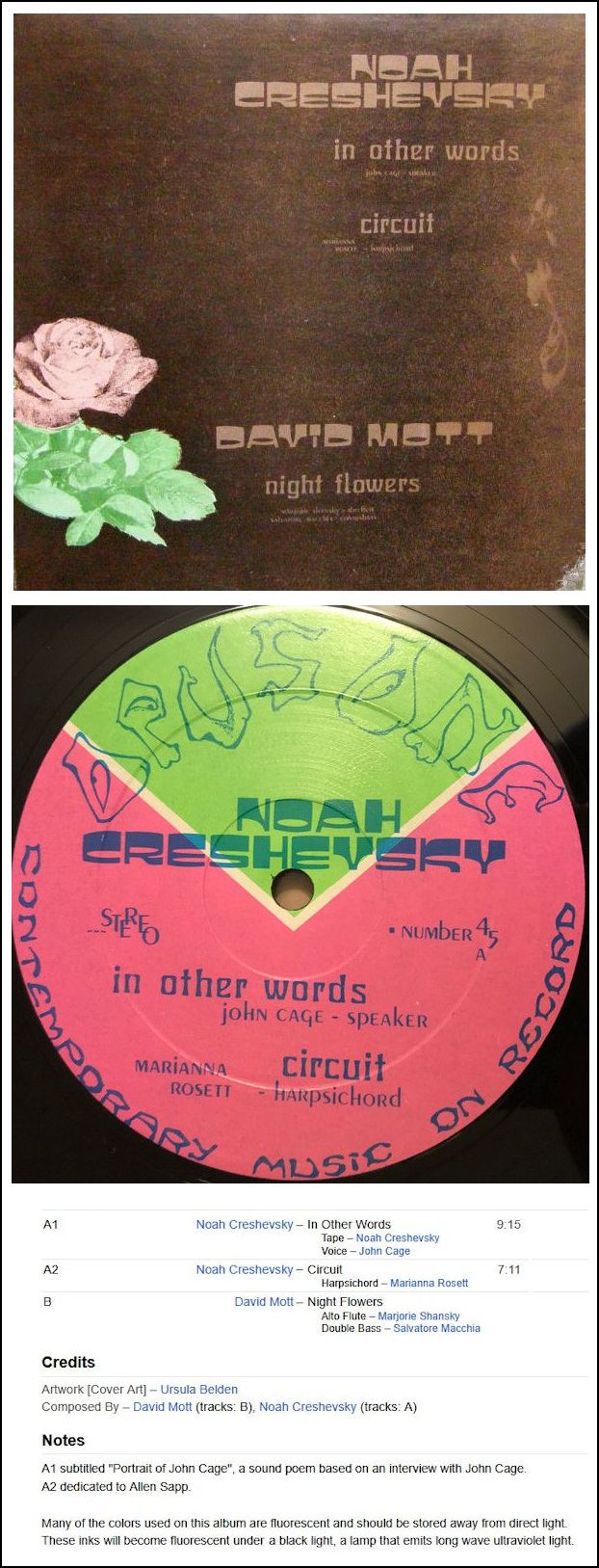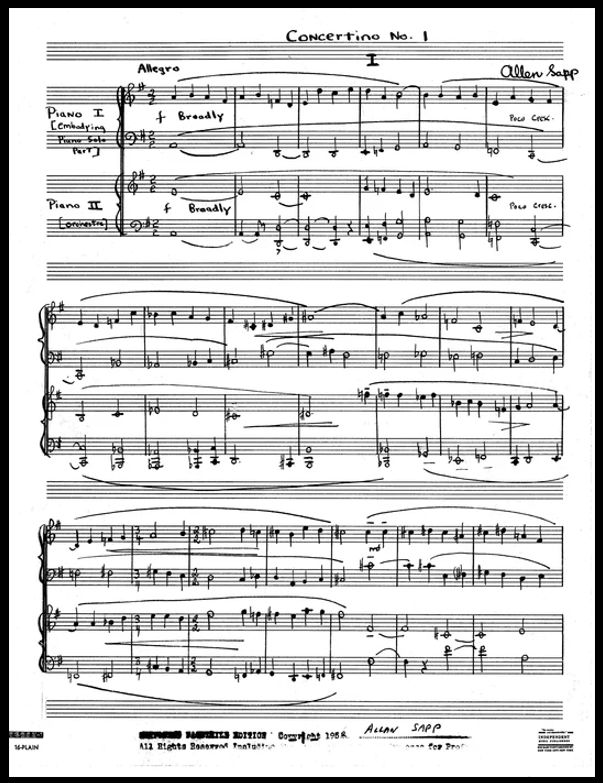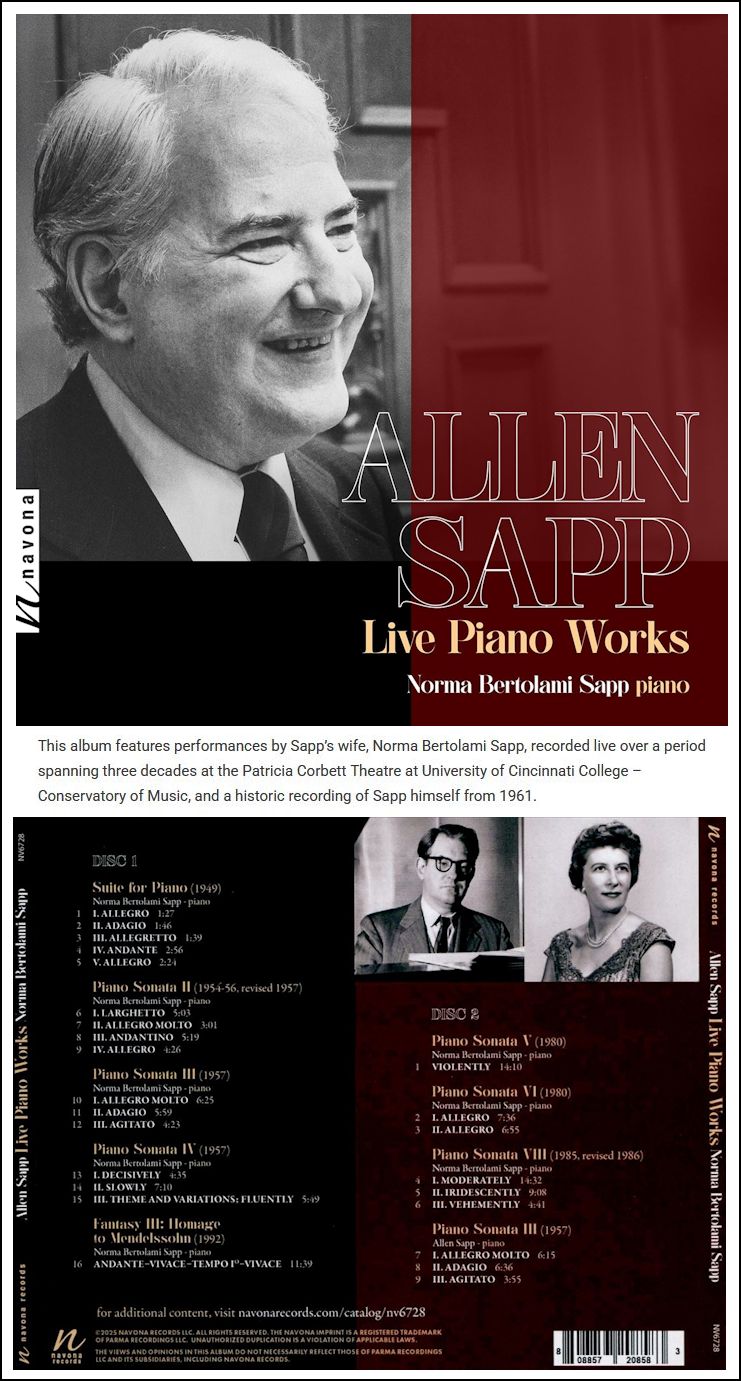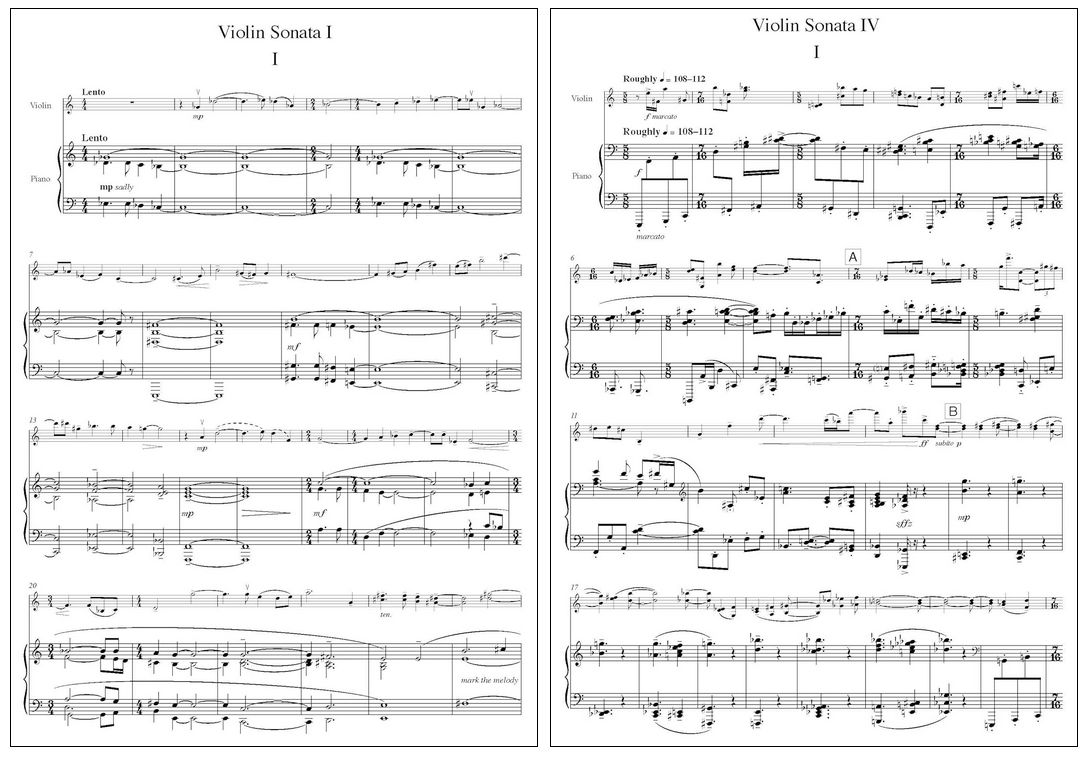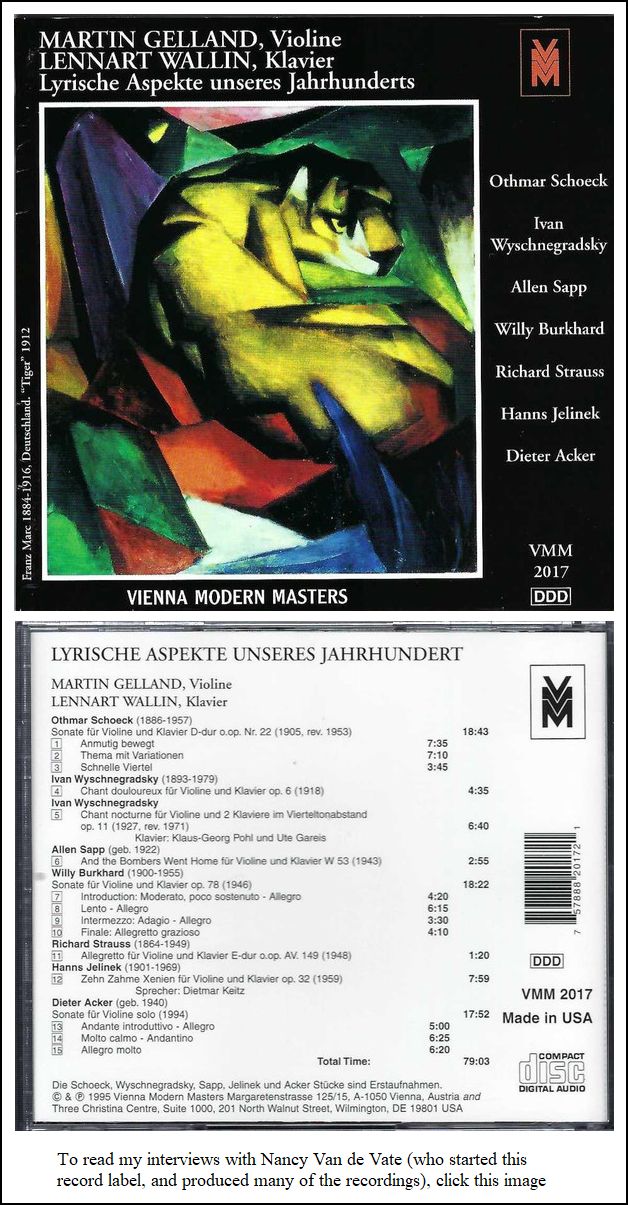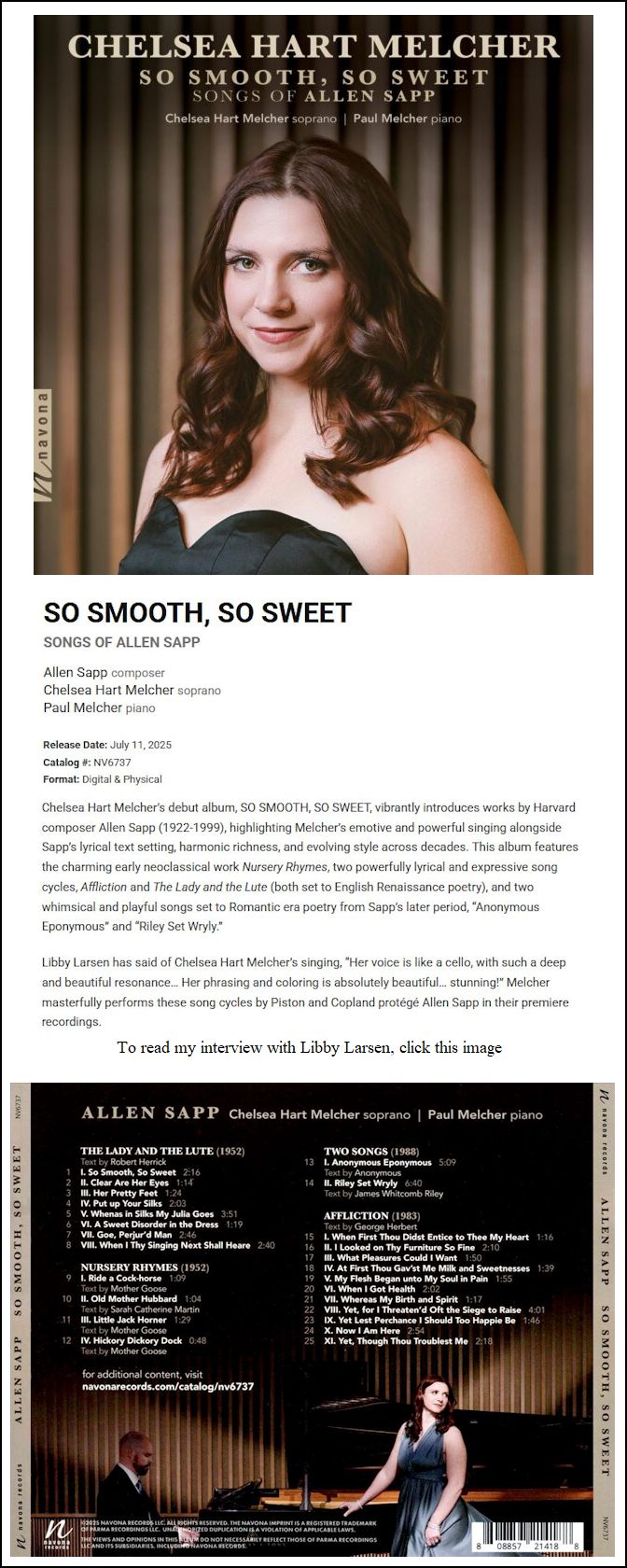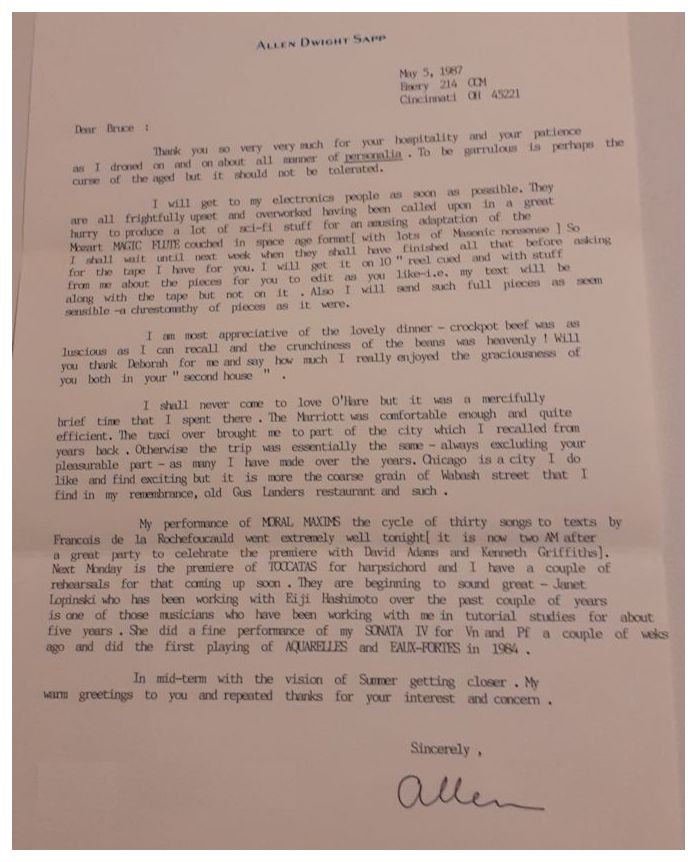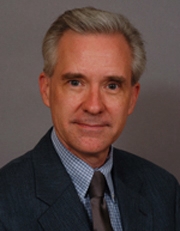 David Adams served as Professor of Voice and Head of the
Performance Studies Division at the College-Conservatory of Music, University
of Cincinnati, before retiring in 2015. He has served on the faculty
of the Aspen Music School, and has been artistic director of the Opera
Theater and Music Festival of Lucca (Italy), and its successor, CCM Spoleto,
summer programs of the College-Conservatory of Music. Prof. Adams is the
author of A Handbook of Diction for Singers published by Oxford
University Press (now in its second edition), and The Song and Duet
Texts of Antonín Dvorák, published by Leyerle Publications.
He has also written articles for periodicals, including The Journal
of Singing. Students of his have won prestigious competitions, including
the Metropolitan Opera Auditions, the Houston Grand Opera and the National
Federation of Music Clubs, and have participated in the major summer apprentice
programs. Former students are singing professionally in Europe and the
US and are teaching throughout the US.
David Adams served as Professor of Voice and Head of the
Performance Studies Division at the College-Conservatory of Music, University
of Cincinnati, before retiring in 2015. He has served on the faculty
of the Aspen Music School, and has been artistic director of the Opera
Theater and Music Festival of Lucca (Italy), and its successor, CCM Spoleto,
summer programs of the College-Conservatory of Music. Prof. Adams is the
author of A Handbook of Diction for Singers published by Oxford
University Press (now in its second edition), and The Song and Duet
Texts of Antonín Dvorák, published by Leyerle Publications.
He has also written articles for periodicals, including The Journal
of Singing. Students of his have won prestigious competitions, including
the Metropolitan Opera Auditions, the Houston Grand Opera and the National
Federation of Music Clubs, and have participated in the major summer apprentice
programs. Former students are singing professionally in Europe and the
US and are teaching throughout the US.
As a performer, specialized areas of interest included the evangelist
roles in J. S. Bach’s Passions (A "superb diction and feeling,” Dayton
Daily News), Czech vocal music (Janácek’s The Diary of One
Who Vanished: “…a splendid performance. He evoked so much beauty from
the vocal lines and the Czech text,” St. Louis Post-Dispatch),
and contemporary music (Musical America called him "a compelling
interpreter" of Elliott Carter’s In Sleep, In Thunder). His interest
in Czech vocal music culminated in a CD recording of songs of Dvorák
and Smetana in January 2005.
Before his teaching career, Adams sang as lyric tenor in opera and
concert in Italy, Austria, Germany, Luxembourg, and the US. In Austria
and Germany, he was a member of the resident ensembles of the Vienna
Kammeroper, Kaiserslautern Pfalztheater, and Saarländisches Staatstheater,
and also appeared on German television. In Italy he sang with the Opera
Barga Festival for three years. He has performed as tenor soloist with
numerous regional orchestras throughout the US. He has degrees from Indiana
University and the University of New Mexico, and pursued additional studies
at L’Accademia di Santa Cecilia, Rome, Italy as the recipient of a Fulbright
Grant.
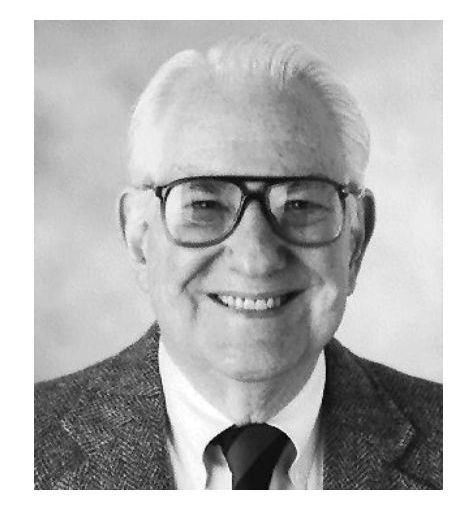
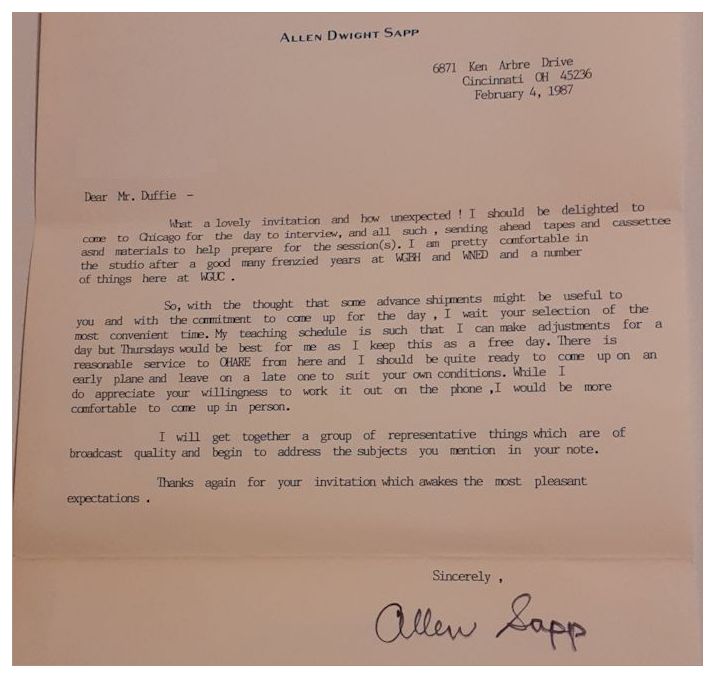
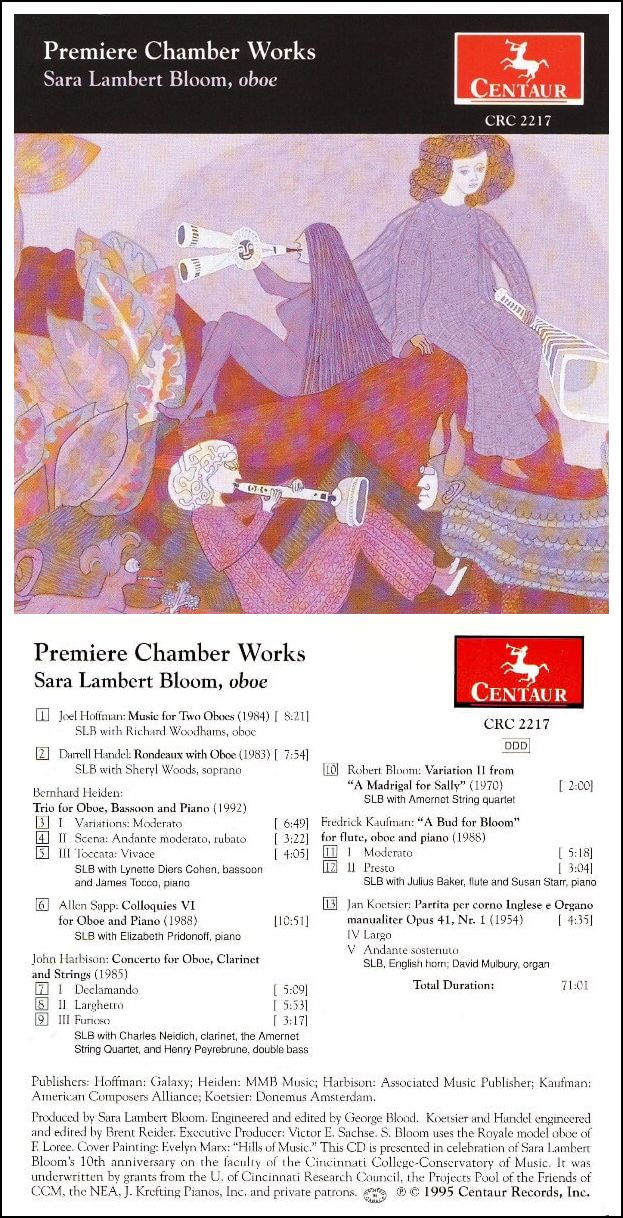
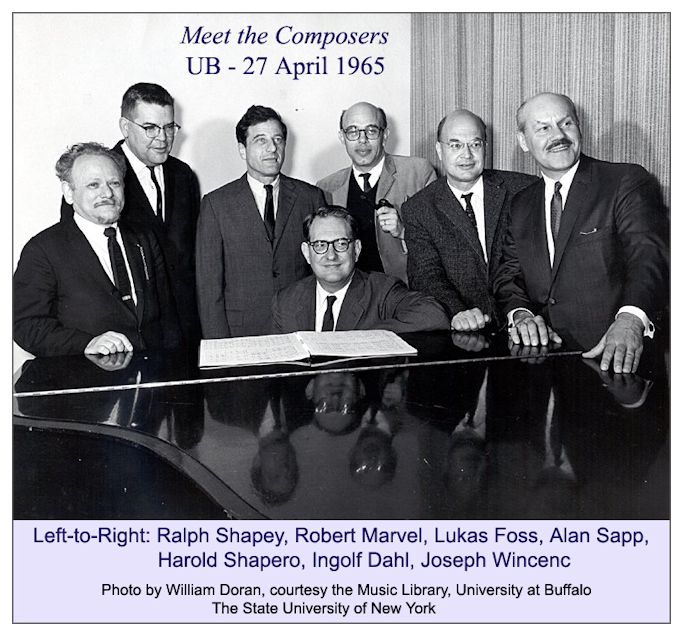
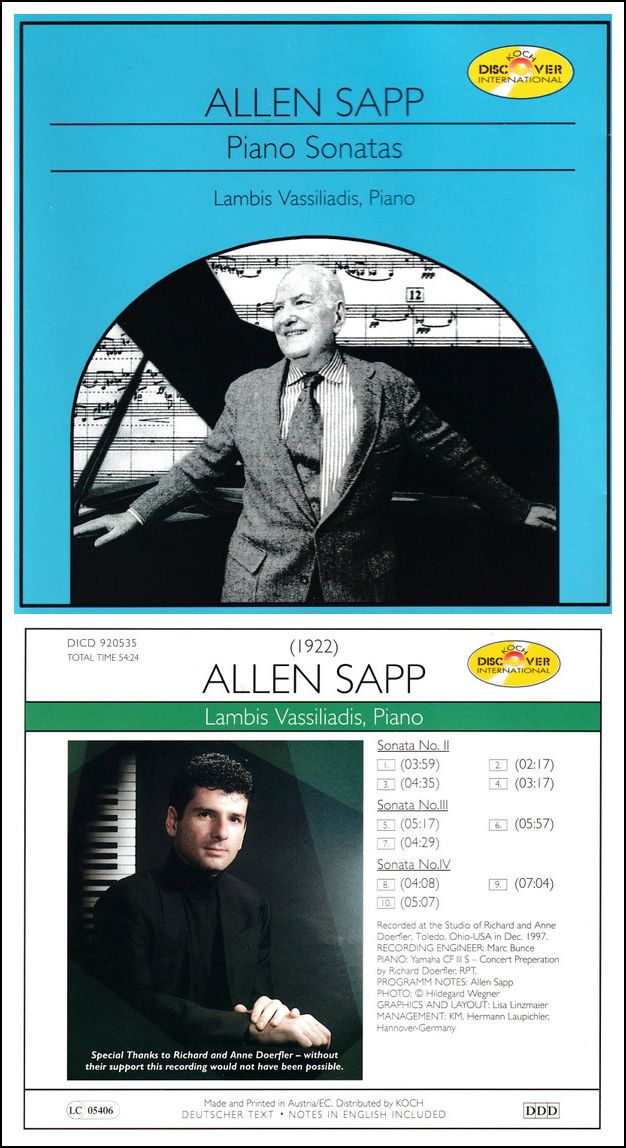
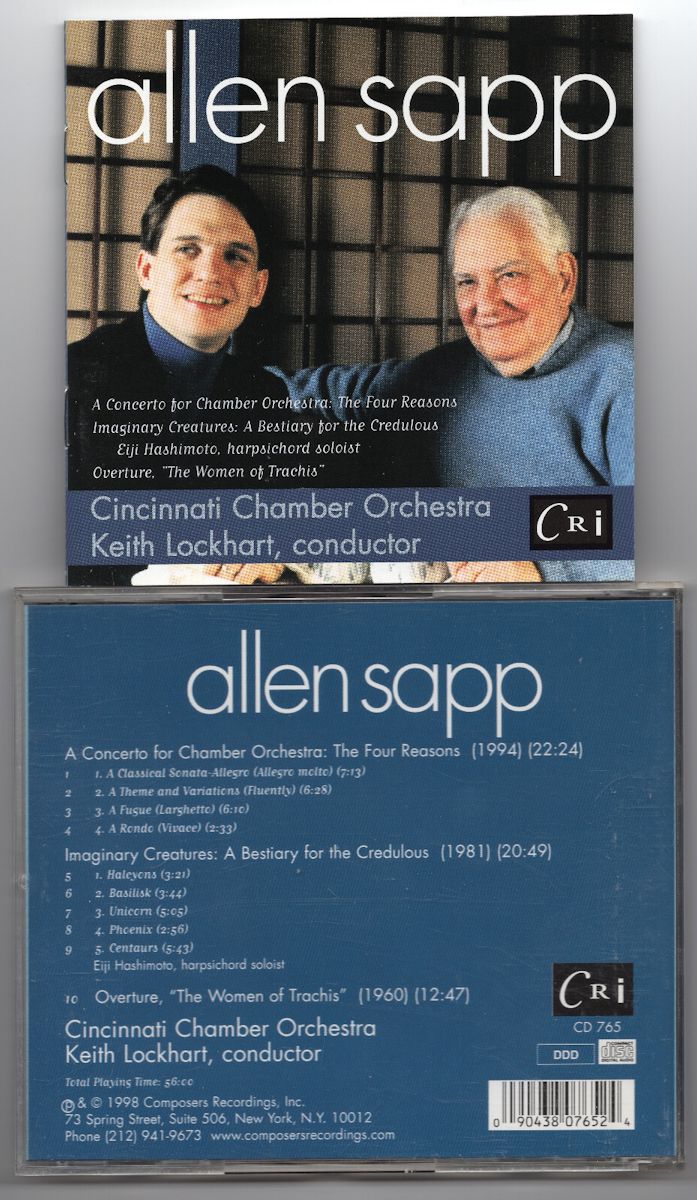
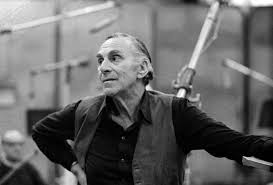 Goddard Lieberson was born to a Jewish family on April
5, 1911, in Hanley in Staffordshire. His father was a manufacturer
of rubber shoe heels who took his family to the United States when
Goddard was a child. Goddard studied classical piano and composition
at the Eastman School of Music in the 1930s, and after graduating he
wrote classical concert reviews under the pseudonym 'Johann Sebastian'.
He was married to actress/dancer Vera Zorina from 1946 until his death
in 1977. They had two sons:
Goddard Lieberson was born to a Jewish family on April
5, 1911, in Hanley in Staffordshire. His father was a manufacturer
of rubber shoe heels who took his family to the United States when
Goddard was a child. Goddard studied classical piano and composition
at the Eastman School of Music in the 1930s, and after graduating he
wrote classical concert reviews under the pseudonym 'Johann Sebastian'.
He was married to actress/dancer Vera Zorina from 1946 until his death
in 1977. They had two sons: 